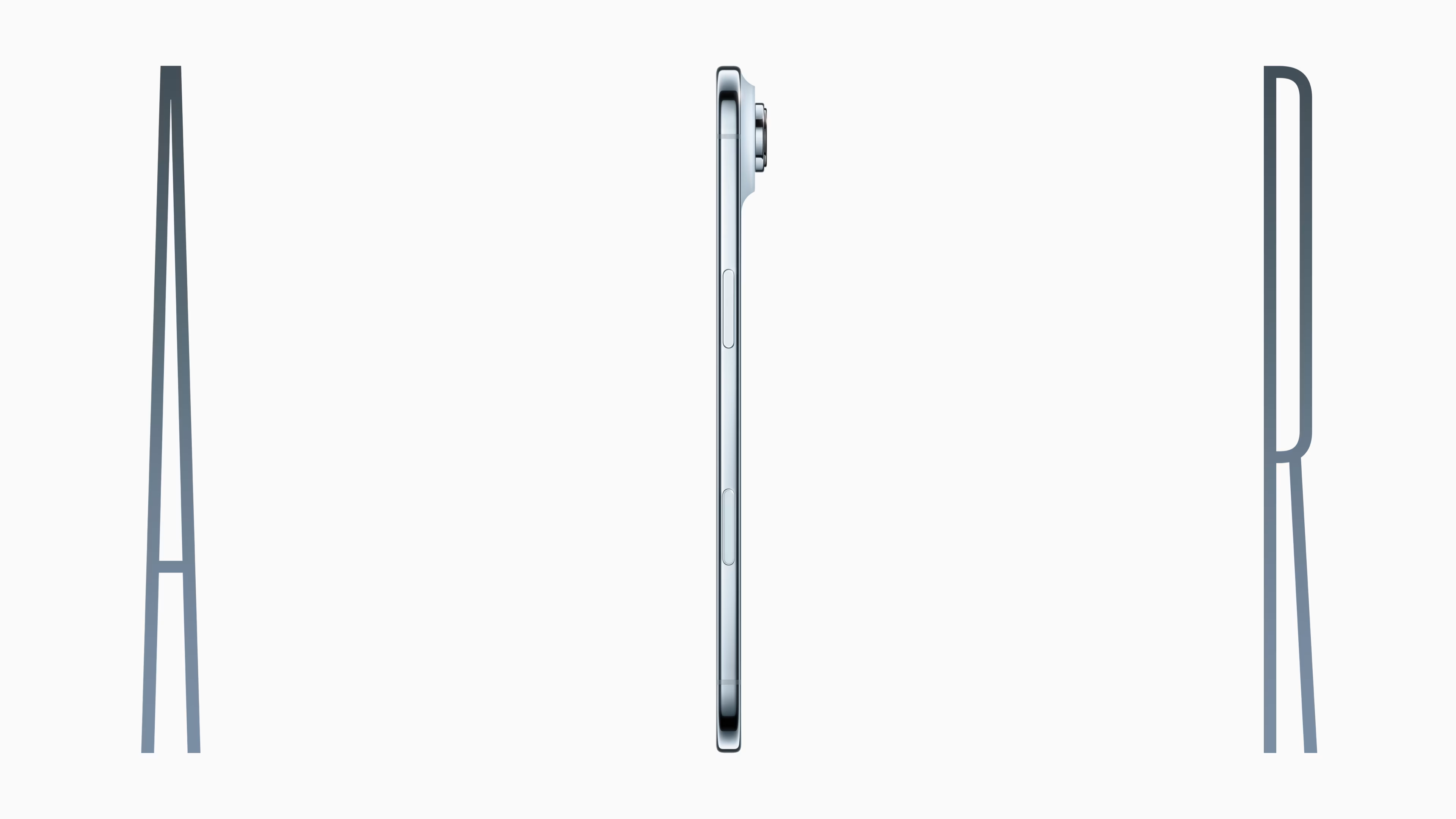Apple iPhone Air China Launch Delayed Amid eSIM Regulatory Hurdles
This development is particularly noteworthy as the iPhone Air was globally unveiled earlier this month as Apple's slimmest iPhone to date. Its defining characteristic, the complete absence of a physical SIM card slot in favor of an embedded eSIM, is precisely what's causing the roadblock in one of Apple's most crucial markets. While pre-orders for other regions proceeded without a hitch on September 12th, the situation in China has taken a sharp turn, highlighting the complexities of navigating local regulations for cutting-edge hardware.
The eSIM Conundrum: A Regulatory Maze
The core of the issue lies in China's regulatory framework for eSIM technology. Unlike many Western markets where eSIM adoption has been relatively straightforward, China has maintained a more cautious approach. For a device like the iPhone Air, which entirely foregoes the traditional SIM card tray, obtaining approval for its eSIM functionality from Chinese authorities is a non-negotiable prerequisite. Reports suggest that while initial discussions with carriers like China Unicom indicated a path forward for eSIM support, broader regulatory blocks have ultimately halted progress.
This isn't the first time Apple has faced unique challenges in the Chinese market. However, the eSIM-only design of the iPhone Air presents a more fundamental hurdle than previous software or content-related issues. It directly impacts the device's hardware configuration and its ability to connect to local networks. The company's statement, "All three state-owned telecom network operators would provide eSIM support ‘subject to regulatory approval’," underscores that the ball is firmly in the court of Chinese regulators. Until that approval is granted, the iPhone Air remains in limbo for mainland consumers.
iPhone Air: Specs, Pricing, and Global Context
Globally, the iPhone Air has been positioned as a premium, yet more accessible, addition to Apple's lineup. It boasts the company's latest A18 chip, a powerful 48MP Fusion camera system, and an optimized battery designed to leverage Apple Intelligence features. Its incredibly thin profile is a significant design achievement, made possible by the eSIM integration.
In markets outside of China, the iPhone Air was slated to start at approximately $799 USD. While China-specific pricing wasn't finalized due to the delay, previous indications pointed to a conversion rate around ¥5,999 CNY. The global pre-orders commenced on September 12th, with deliveries scheduled to begin on September 20th. This stark contrast between the global availability and the current uncertainty in China is a clear indicator of the regulatory friction at play. It's a classic case of a company pushing technological boundaries only to be met with the realities of diverse market access requirements.
What This Means for Apple and Consumers
The postponement of the iPhone Air launch in China is more than just a minor hiccup; it's a significant strategic challenge for Apple. China remains a colossal market for iPhones, and any delay, especially for a flagship product, can have tangible impacts. For consumers in mainland China, it means a longer wait to experience Apple's latest innovation, potentially leading to frustration and a search for alternatives.
This situation also raises questions about Apple's future hardware strategies. Will the company consider regional variants with physical SIM slots for markets with stringent eSIM regulations, or will it push for wider eSIM adoption, even if it means facing launch delays? The success of the iPhone Air in China hinges entirely on navigating these regulatory waters. The longer the delay, the more it could impact sales figures and Apple's market share in a region where it faces stiff competition from domestic brands. It's a delicate balancing act between technological advancement and market accessibility.
The coming weeks will be crucial. All eyes are on Apple and Chinese regulators to see how this eSIM impasse is resolved. Will there be a swift resolution, or are we looking at a prolonged period of uncertainty? One thing's for sure: the iPhone Air's journey in China has hit an unexpected, yet critical, detour.
